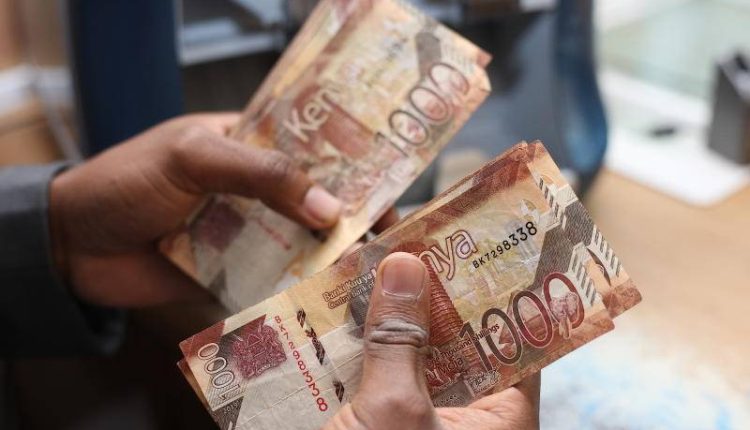Kenya’s eurobonds, which mature in June, saw a sharp increase after the country’s announcement that it would be selling new securities and making an offer to buy back its $2 billion in debt, Bloomberg reported.
According to a government statement, the maximum amount that the government will repurchase will depend on how much it raises in an offering of new securities that will be priced on Feb. 12.
According to the statement, the buyback offer, which is at par value and covers accrued interest, ends on February 14.
By Wednesday night’s close of business in London, the yield on the 2024 debt had fallen from 15.79 per cent the previous day to 10.62 per cent.
Investors are particularly concerned about Kenya’s efforts to raise money for the impending eurobond maturity because they believe that the country’s limited foreign exchange reserves and rising food and energy import costs will make it more difficult for it to repay the debt.
After sub-Saharan African countries were mainly shut out of international capital markets last year, the East African nation’s buyback offer comes after announcements of new eurobond offerings by Benin this week and Ivory Coast last month.
“Clearly US treasuries dropping from 5 per cent to 4 per cent is the biggest factor,” while the International Monetary Fund deserves credit too, Charlie Robertson, head of macro strategy at FIM Partners UK Ltd. in London stated.
“They have backstopped countries ranging from Argentina to Kenya and Pakistan and that has given the market the reassurance it needed that the problems in Ethiopia, Ghana, Sri Lanka and Zambia won’t spread.”
Kenya’s government ordered Citigroup Global Markets and Standard Bank of South Africa to act as joint bookrunners and set up a series of investor calls. A seven-year dollar-bond will then be issued, contingent on market conditions. A person familiar with the matter told Bloomberg.
Chris Kiptoo, principal secretary of the Kenyan National Treasury, declined to comment.
After receiving more than $8 billion in combined demand, Ivory Coast sold $2.6 billion through two bonds last month. With $5 billion in demand, Benin’s first dollar-bond offering brought in $750 million.
“The market has demonstrated strong demand for emerging-market issuance in recent days, with Benin’s successful issuance demonstrating strong appetite for single B names,” said Yvette Babb, currency portfolio manager at William Blair. “It seems timely for Kenya to seek to issue given the market conditions. The tender offer shown by Kenya offers generous terms, which is likely to encourage participation.”
In order to meet the June 24 deadline for the eurobond bullet payment, Kenya has been looking into several options, including syndicated loans, the World Bank, and the IMF.
Last month, Kenyan President William Ruto gave a hint that his administration might look to the financial markets for assistance in paying back the eurobond.
An email from an IMF representative stated that the proposed offering and buyback “can be seen as one of the options for addressing Kenya’s liquidity needs.”
The lender, which has an ongoing $4.43 billion programme with Kenya, states that the country was “committed to reducing their debt vulnerabilities and use a balanced mix of multilateral, external commercial, and domestic financing to meet their gross financing needs.”
As of February 1, the country’s reserves were estimated to be worth $7.1 billion, or enough to cover 3.81 months’ worth of imports.


